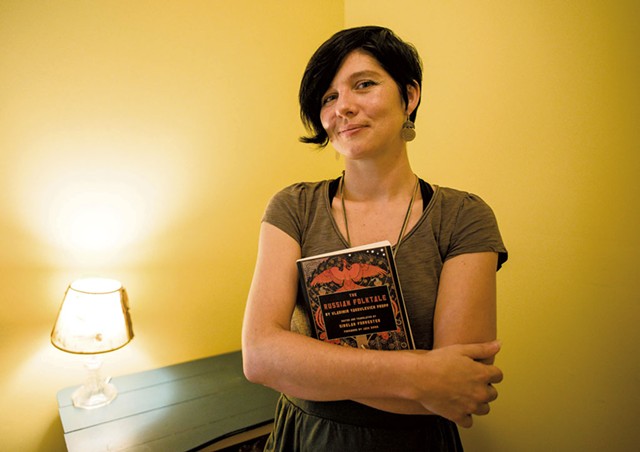Reading
Psychology
Storytelling
ephemera
Folklore
ARTICLES
Trish Denton Cultivates Hybrid Storytelling With Parallel Narratives
By Rachel Elizabeth Jones
Reviewing Denton’s research, participants are then invited to consider what does or doesn’t resonate with them and which elements, if any, they might like to integrate into their parallel narrative. Denton described this as a mashup process, an intuitive mixing of personal history with myth and metaphor, both pre-existing and invented.
Seven Days, 2018
